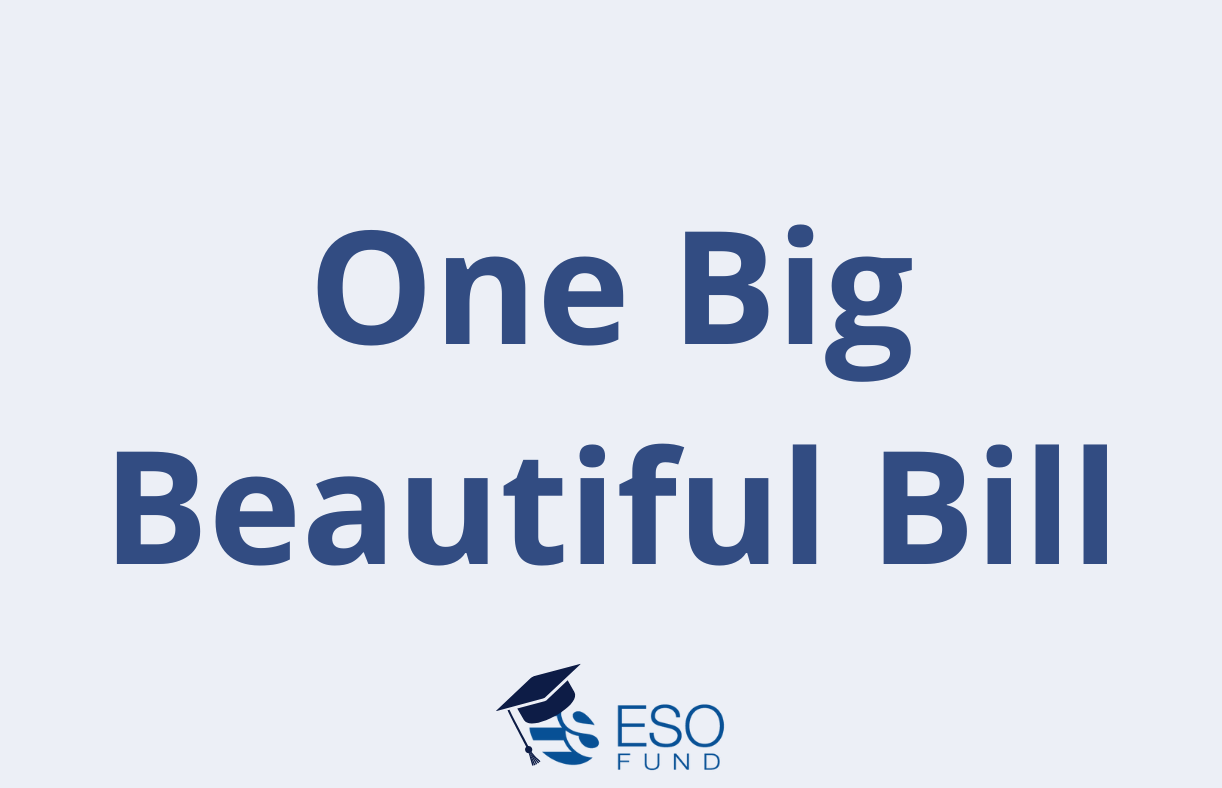One Big, Beautiful Bill (OBBB) – What It Means for Startup Employees and Investors


Upcoming tax changes generally favor startup employees. AMT exemptions stay high, QSBS limits and exclusions improve, and SALT deductions expand, though liquidity and exercise risk still limit how much most can benefit.
The “One Big, Beautiful Bill” (OBBB), set to take effect beginning in 2026, makes several changes to U.S. tax law that impact startup employees, early investors, and equity holders. Some of these are headline wins (higher AMT exemptions, expanded QSBS benefits), but there are also caveats worth understanding.
Note: Exemption dollar amounts are inflation-indexed; confirm the latest IRS figures for the current year.
The QSBS exemption cap change mainly benefits repeat founders and larger investors, while most startup employees rarely come close to hitting the original $10M cap. Because most QSBS-eligible companies already take 5+ years to exit, the shortened holding periods mainly matter at the margins: early liquidity events such as secondaries or founder cash-outs during financing rounds, and the occasional early exit that would benefit everyone. The more meaningful shift may be the higher asset test, which opens QSBS to larger, slightly more mature companies. That expands eligibility to more employees and reduces some of the risk that comes with exercising early at a very young startup.
Capturing QSBS as an employee is harder than it looks on paper. You need to be at the company early enough and have enough conviction in its future to put your own capital at risk, often years before liquidity is even possible. Unlike investors, who buy preferred shares and spread risk across portfolios, employees must typically concentrate risk in a single company.
Even with the new cap and asset test, most QSBS-eligible companies remain small, and transfer restrictions plus limited buy-side demand still present bigger barriers than tax policy itself. The likelihood of a QSBS company reaching liquidity before the 5 year hold period is fairly low.
Companies sometimes alert employees when QSBS eligibility is about to expire, and OBBB may increase overall awareness. That could push more employees to exercise earlier, but the real-world impact is likely modest and not enough on its own to drive any material change in employee activity.
Overall, the OBBB is a positive trend for startup equity taxation. It may lead to more shareholder-friendly policies in the future, but for now liquidity challenges (limited buyers, transfer restrictions, early-exercise risk) still outweigh tax policy for most employees. In practice, the OBBB will have the largest impact on founders and early investors through QSBS, while higher AMT exemptions provide incremental relief for employees exercising ISOs.
Written by Jordan Long, Marketing Lead at ESO Fund
OBBB locks in higher AMT exemption levels from the 2017 TCJA permanently (still inflation-indexed). Starting in 2026, phase-out thresholds drop to $500K (single) / $1M (joint), and the phase-out rate doubles from 25% to 50%, meaning higher earners will hit AMT faster.
The QSBS exemption cap rises from $10M to $15M per issuer, the holding period shortens to 3–5 years (with tiered exclusions for stock issued after July 4, 2025), and the asset limit expands from $50M to $75M, slightly broadening eligibility.
Founders and early investors gain the most from the QSBS updates, while employees mainly benefit from AMT relief that makes ISO exercises more tax-efficient. Liquidity challenges like transfer restrictions remain bigger hurdles than tax rules alone.
Equity decisions are complex, but you don’t have to navigate them alone. ESO Fund has been helping employees unlock the value of their hard-earned equity for over a decade. Whether you’re exercising, planning for taxes, or looking for liquidity, we’re here to provide clear, non-recourse funding solutions tailored to your situation.
📘 Overview of How We Work
See our 3-step process.
⏰ Option Exercise Funding
Exercise without risking savings.
⭐ Client Reviews
Hear from employees we’ve helped succeed.
🚀 Share Liquidity
Unlock cash while keeping your shares.
📊 AMT Calculator
Estimate tax exposure in minutes.
🤝 RSU Liquidity
Access liquidity from vested RSUs before IPO.
Ready to explore your equity options? Our team is here to walk you through the next steps.
Schedule a Call
This innovative service promotes and enables a healthier relationship between companies and employees. I my opinion it's valuable to employees and great for the overall tech environment and economy. It is good for nobody when employees feel trapped because they can't afford to leave. In less extreme cases exercising can be expensive and somewhat risky and this is simply a good smart hedge and a good square deal. Brilliant!
